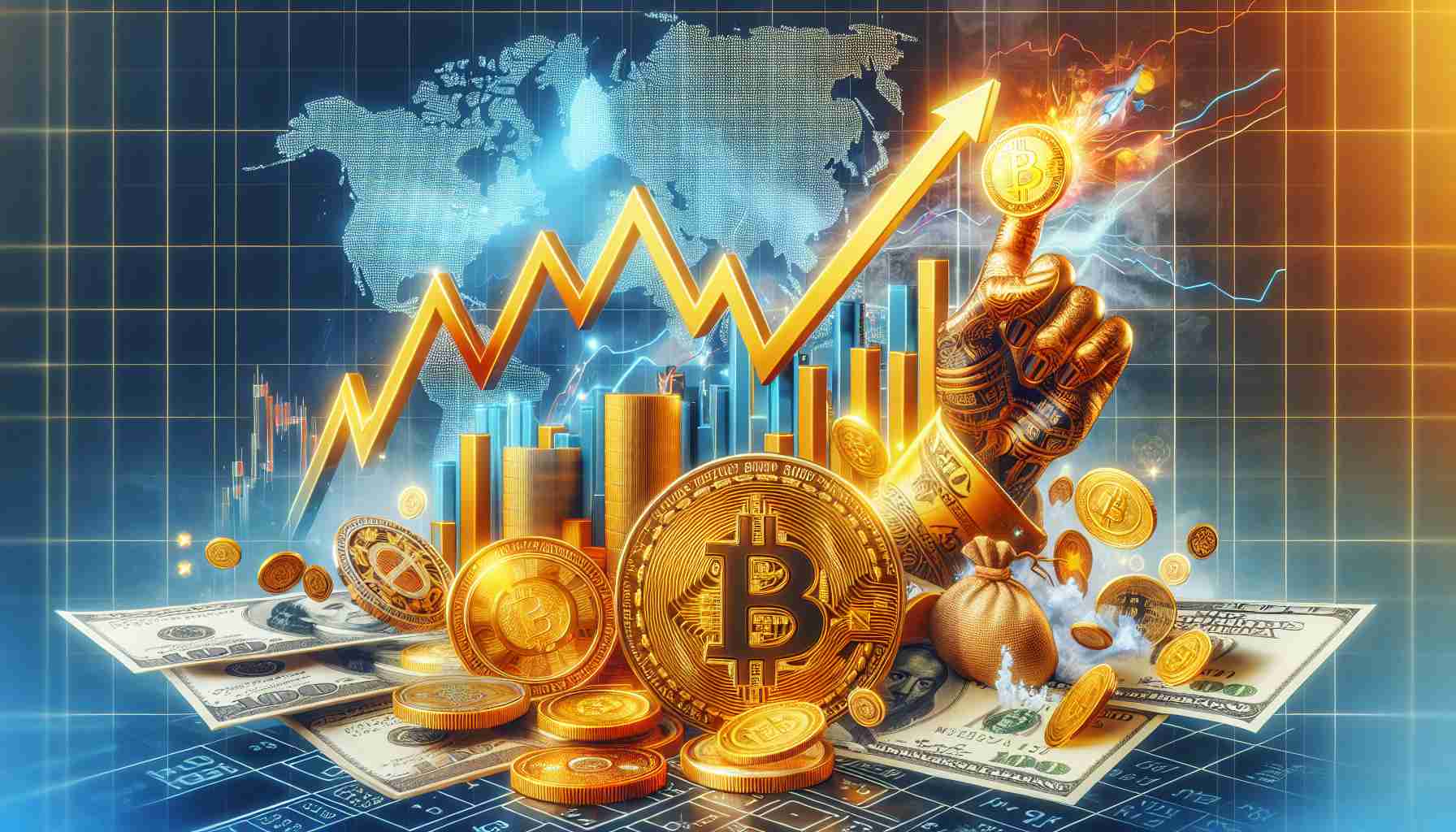Asian stocks showed strong performance on Friday, building on momentum from Wall Street, as major companies reported significantly better-than-expected profits. Despite U.S. futures experiencing a slight decline, rising geopolitical concerns spurred an increase in oil prices.
In the midst of this, President Vladimir Putin announced a new retaliatory missile launch against Ukraine, following Kyiv’s deployment of advanced Western missiles, escalating tensions.
Japan’s Nikkei 225 rose by 1% to 38,415.32, as new data revealed a slowdown in inflation to 2.3% in October from 2.5% the previous month, marking the lowest rate since January. This development sets the stage for a critical Bank of Japan policy meeting in December, where some anticipate rate adjustments. Meanwhile, Australia’s S&P/ASX 200 and South Korea’s Kospi saw gains of 1% and 1.2%, respectively. In contrast, Hong Kong’s Hang Seng experienced a small drop, along with the Shanghai Composite.
On the global stage, Wall Street had a mixed performance as the S&P 500 rose 0.5%, driven by a strong showing from banks and other economically sensitive sectors. Nvidia, despite its exceptional earnings, saw only a modest 0.5% increase but played a key role in lifting the S&P 500.
Bitcoin crossed the $99,000 threshold for the first time, although it settled around $98,925.87. Its bullish trajectory has intensified post-Election Day, aligning with President-elect Donald Trump’s aspirations to make the U.S. a global crypto leader. This optimism was further fueled by SEC Chair Gary Gensler’s impending resignation, reflecting shifting regulatory sentiments.
In energy markets, crude oil prices saw a slight uptick amid geopolitical concerns, with U.S. and Brent crude both rising slightly. In currency exchanges, the U.S. dollar slightly weakened against the yen and the euro.
How Surging Bitcoin and Geopolitical Shifts Impact Global Economies
The escalating global geopolitical tensions and economic indicators are creating a complex landscape for individuals, communities, and countries worldwide. Beyond stock market fluctuations, several under-the-radar developments are poised to reshape economic dynamics and personal finances in unexpected ways.
Bitcoin and Cryptocurrency Revolution:
Bitcoin’s climb past the $99,000 mark represents more than just a milestone for traders; it encapsulates a broader movement towards digital currencies that could redefine financial systems. But what does this mean for everyday people?
– Advantages: Digital currencies offer decentralized financial services, promising greater financial inclusion, particularly for unbanked populations. As cryptocurrencies gain traction, transactions could become cheaper and faster, bypassing traditional banking systems.
– Disadvantages: The volatility of cryptocurrencies like Bitcoin poses a significant risk. A sharp price drop could lead to losses for investors, impacting savings and retirement funds. Furthermore, regulatory ambiguities can cause uncertainties.
As society contemplates these pros and cons, many wonder, Are cryptocurrencies the future of money? While they show tremendous growth potential, their unpredictable nature necessitates cautious adoption.
Russia-Ukraine Tensions and Global Implications:
The latest missile exchanges between Russia and Ukraine have amplified geopolitical tensions, affecting global markets. What are the wider implications?
– Economic Concerns: The conflict’s impact on energy markets is noticeable, with a slight rise in oil prices. These increases could lead to more expensive fuel and heating for consumers, squeezing household budgets.
– International Relations: Heightened tensions could lead to tighter sanctions and international responses, disrupting global trade and investment.
For communities within conflict zones, security concerns remain paramount. Importantly, the international community faces the challenge of balancing economic policies while advocating for peace and stability.
Stock Market Dynamics and Inflation Trends:
As Japan’s inflation rates ease, understandable excitement circulates, alongside speculation about the upcoming Bank of Japan policy meeting.
– Opportunities: Lower inflation could result in increased purchasing power for Japanese consumers. It may also motivate policymakers to consider interest rate changes to stimulate economic growth.
– Challenges: However, the potential rate adjustments could influence foreign investment flows and impact the yen’s value, with far-reaching effects on international finance.
Related Questions:
– How do geopolitical tensions impact local economies? Conflicts like the ongoing Russia-Ukraine situation can lead to economic sanctions that affect local businesses and consumer prices.
– Will Bitcoin reach new heights, or is a correction imminent? While predictions vary, analysts agree that Bitcoin’s future depends on technological adoption and regulatory frameworks. For insights into cryptocurrency trends, visiting Coindesk may provide further information.
In summary, the intertwining of digital currencies, geopolitical events, and economic indicators creates a multifaceted global scenario. By understanding these elements, individuals and policymakers can better navigate the challenges and opportunities that lie ahead.























